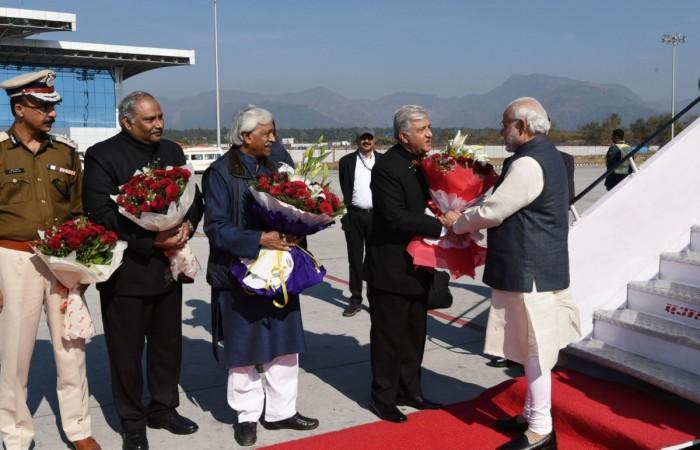
Prime Minister Narendra Modi on Tuesday slammed the Congress over non-implementation of the One-Rank-One-Pension (OROP) scheme for the armed forces, and also said that its implementation, which was sanctioned under his rule, would require a budget of more than Rs 10,000 crore. This statement of his could indicate that he and the Central government might be planning some tough decisions for Budget 2017.
Also read: I kept my promise on OROP, first instalment of Rs 5,500 crore paid, Modi tells troops on Diwali
What Modi said on Tuesday
Speaking at the Parivartan Rally in Dehradun, the capital of Uttarakhand, on Tuesday, Modi addressed a lot of topics, including demonetisation, OROP, the Char Dham project he inaugurated, and the development of the state. On demonetisation, he said: "The world of fake notes, terrorism, human trafficking and drug mafia were destroyed in a twinkle with the demonetisation announcement on November 8."
He said on OROP, attacking the Congress: "Our Army jawans were demanding OROP for 40 years. The party that ruled the country then never thought of their demands. The budget for OROP is more than Rs 10,000 crore. Wasn't the Rs 500 crore [budgeted for OROP by the Congress] just an eyewash?"
What it could mean for Budget 2017
The Central government is already under a lot of pressure due to the implementation of OROP and the revised pay scale of its own employees as per the 7th Central Pay Commission (CPC). The revising of the salaries under the 7th CPC has been especially difficult due to its outlay, and has resulted in delays in several sections.
Earlier calculations pegged the implementation of OROP at a budget of Rs 7,500 crore per year. However, with Modi hiking that figure to above Rs 10,000 crore per year, it might put a strain on the exchequer. That strain could be eased by pulling funds from some other departments, or introducing new taxes, and both moves would affect the common man, either indirectly or directly.
With Budget 2017 only a few weeks away, it should be an interesting wait until then, to say the least.











